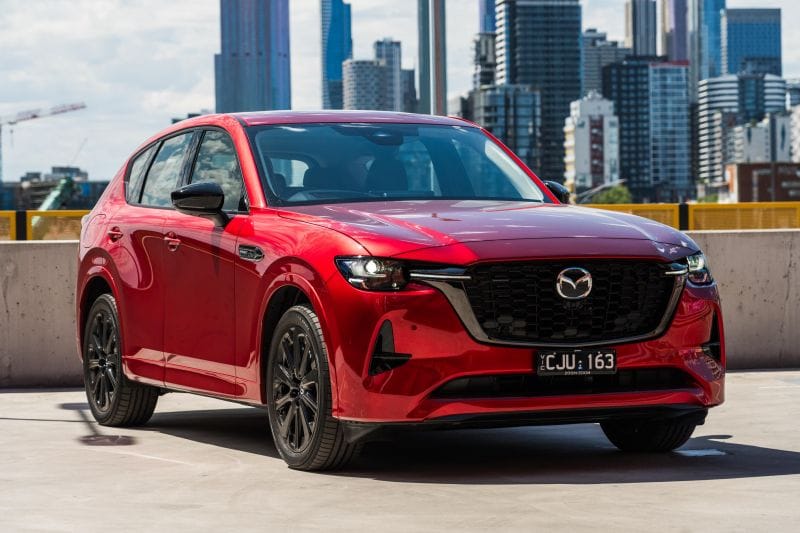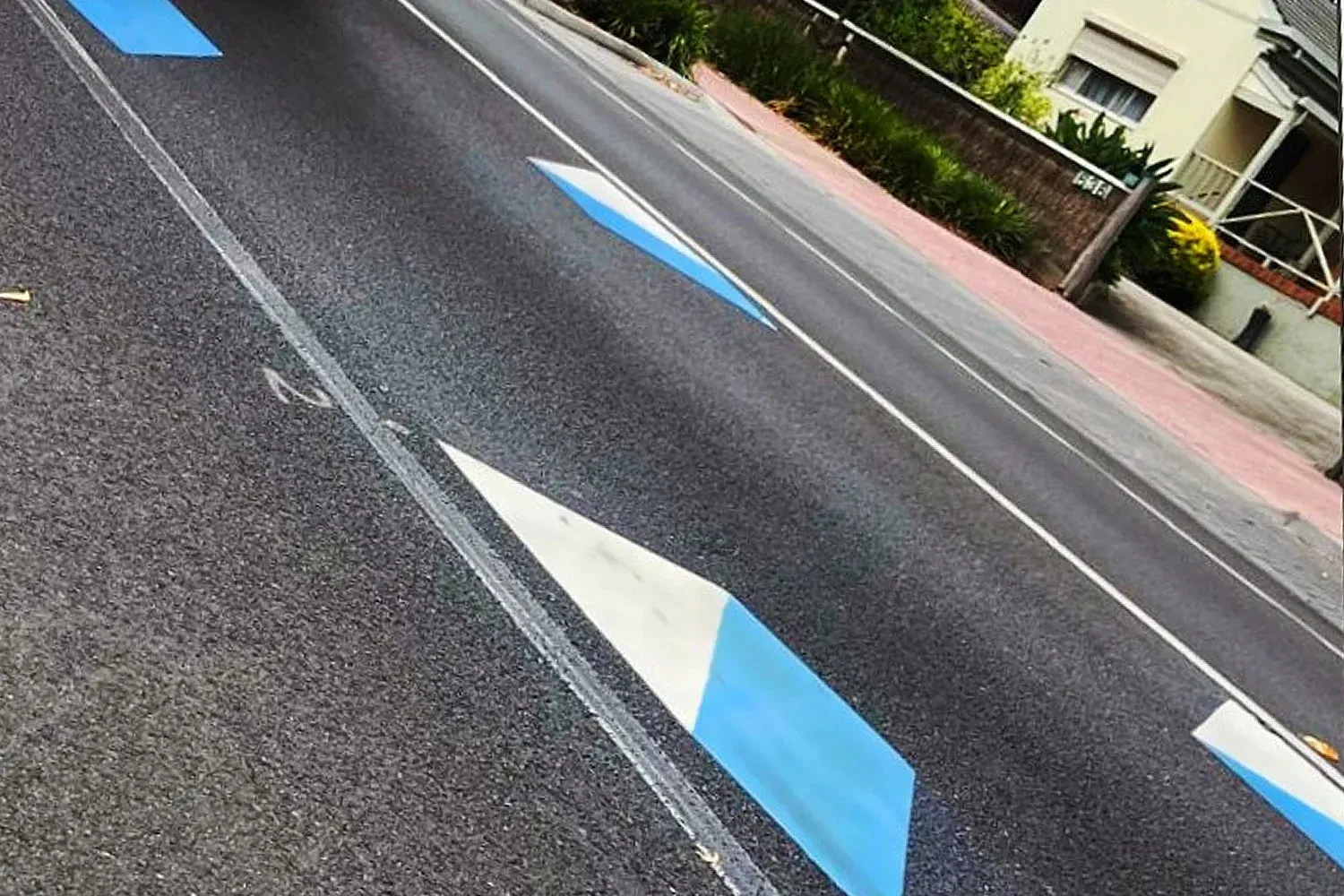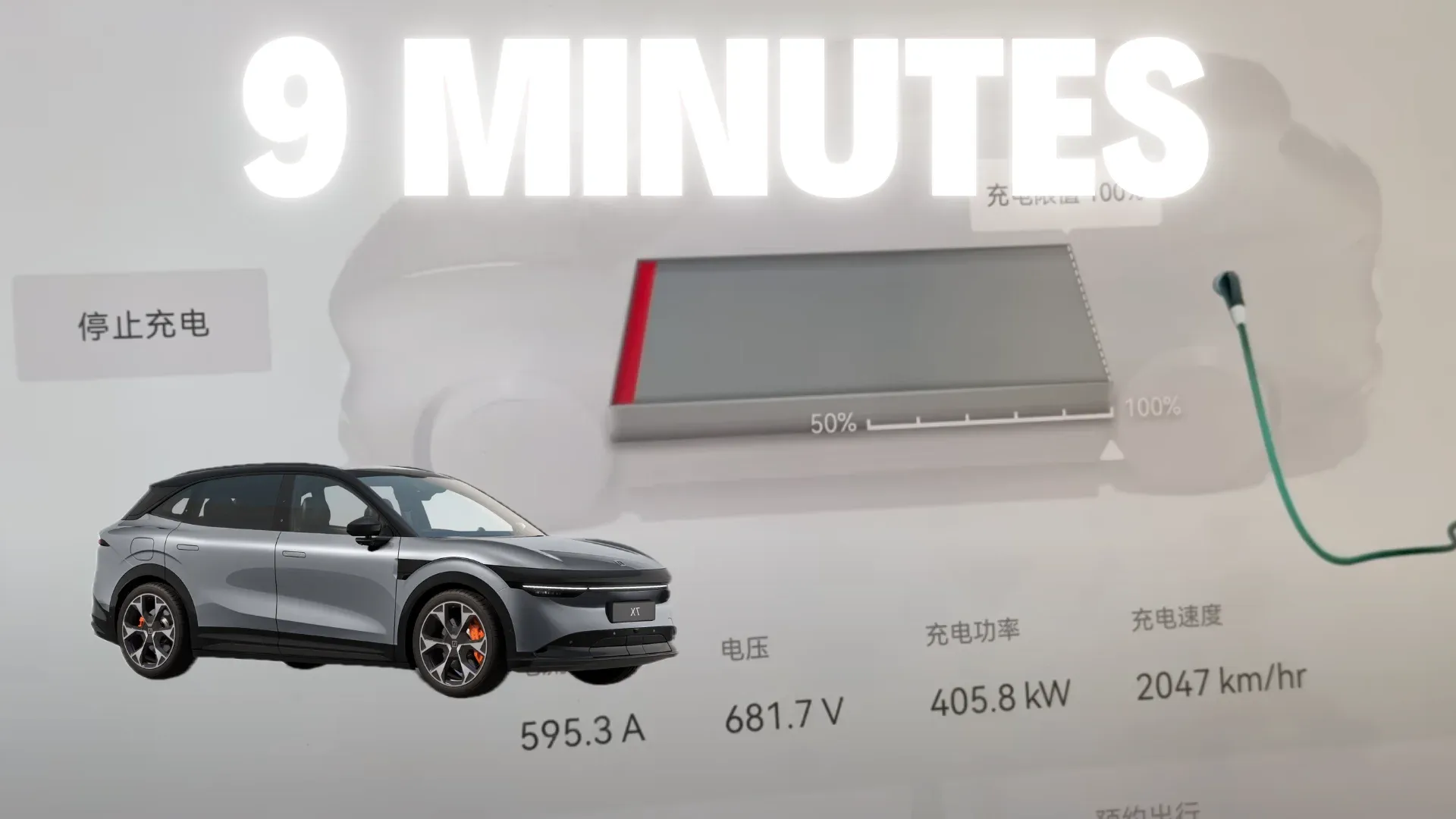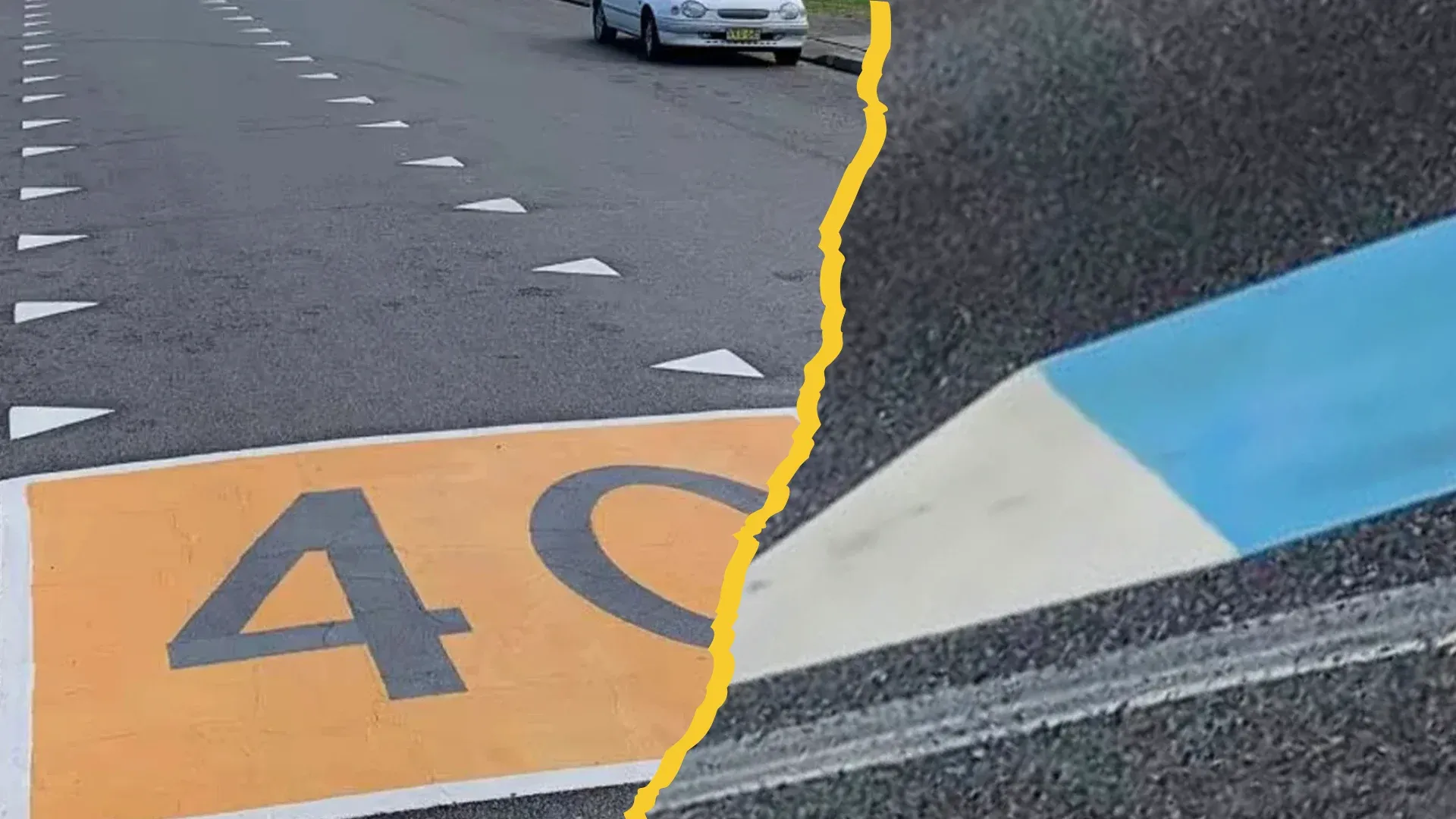The Australian government's decision to end Fringe Benefits Tax (FBT) exemptions for plug-in hybrid vehicles (PHEVs) in April 2025 has raised concerns among industry experts and consumers. This change could impact affordability and adoption of cleaner vehicle technologies.
FBT Exemption Overview:
Currently, PHEVs benefit from FBT exemptions if they cost less than the Luxury Car Tax threshold. The exemption allows significant savings on leasing costs compared to petrol or diesel vehicles.
Reason for Removal:
- The exemption was initially a compromise to pass novated leasing legislation.
- Aimed at transitioning quickly to battery electric vehicles (BEVs).
Impact on Market:

- Ending the exemption may discourage PHEV purchases, affecting emissions reduction efforts.
- PHEVs are seen as a bridge technology, especially where charging infrastructure is limited.
Arguments for Extension:
Advocates suggest extending incentives for PHEVs to aid manufacturers in meeting efficiency standards. Important for regions lacking comprehensive charging networks.
Market Dynamics:
- PHEV sales have increased by over 120% recently.
- Large segments like SUVs and utes lack affordable BEV options, making PHEVs crucial.
Industry Perspective:
- NALSPA CEO highlights that each PHEV purchase contributes to reducing transport emissions.
- Removing incentives may lead to higher CO2 emissions as buyers opt for traditional vehicles.
The impending removal of FBT exemptions for PHEVs presents a challenging scenario for Australia's transition to cleaner transportation. While the push towards BEVs is clear, maintaining incentives for PHEVs could support emissions reduction goals and provide consumers with viable alternatives in segments lacking affordable electric options. As the automotive landscape evolves, balancing immediate environmental benefits with long-term electrification strategies remains crucial.ShareRewrite













